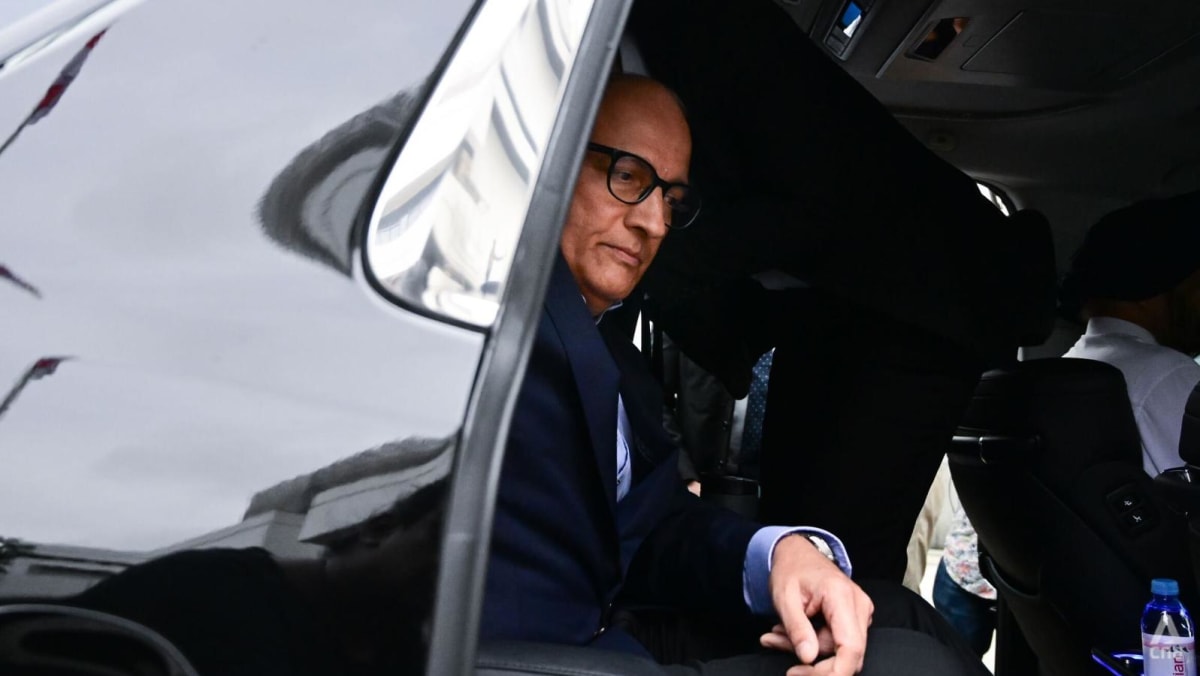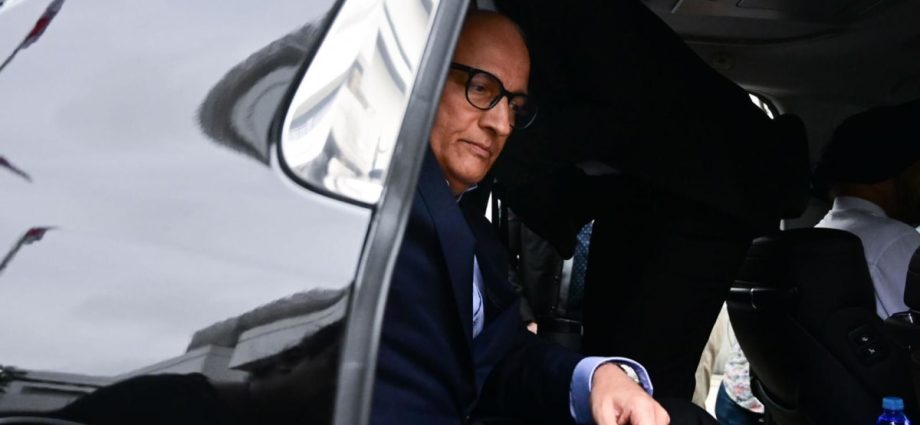
Why was he charged under these specific statutes?
Asked why Iswaran was handed two similar-sounding sets of charges under separate pieces of legislation – the PCA and the Penal Code – lawyers whom CNA spoke to noted two key differences:
- Whether someone who receives a benefit has done anything in exchange for the benefit
- Whether a corrupt element is involved
Mr Adrian Wee, managing partner of Lighthouse Law, said those who violate the PCA use corrupt gratification as inducements to change or influence someone else’s behaviour.
“The idea is to procure someone to do something they were not going to do, or not do something they were supposed to do,” Mr Wee added.
According to Iswaran’s PCA charges, he is accused of corruptly obtaining flights, a hotel stay and Singapore GP tickets as inducement for advancing Ong’s business interests.
While the common thread between the PCA and Section 165 of the Penal Code is that something of value changes hands, the latter is more aimed at curbing abuses of power by public servants, said Mr Wee.
It is an offence under Section 165 for a public servant to accept or obtain any thing of value, without payment or with inadequate payment, from any person with whom he is involved in an official capacity.
Mr Wee noted that a public servant can receive such a benefit without being induced or rewarded to do anything or give any favours in return. This means there may not necessarily be any corruption involved in Section 165 offences, which form the majority of Iswaran’s charges.
Mr Chooi Jing Yen, partner at Eugene Thuraisingam LLP, said it appears that offences under Section 165 are “easier to prove” because the prosecution does not need to prove that a benefit was in exchange for the receiver agreeing to do something.
Mr Chooi also said he could not find any reported case or sentencing statistics involving Section 165, during a search of LawNet – Singapore’s leading portal for legal research, information and transactions.
In 2022, Law and Home Affairs Minister K Shanmugam said the government would review the possibility of shifting offences listed under Section 161 to 165 of the Penal Code, to under the PCA instead.

